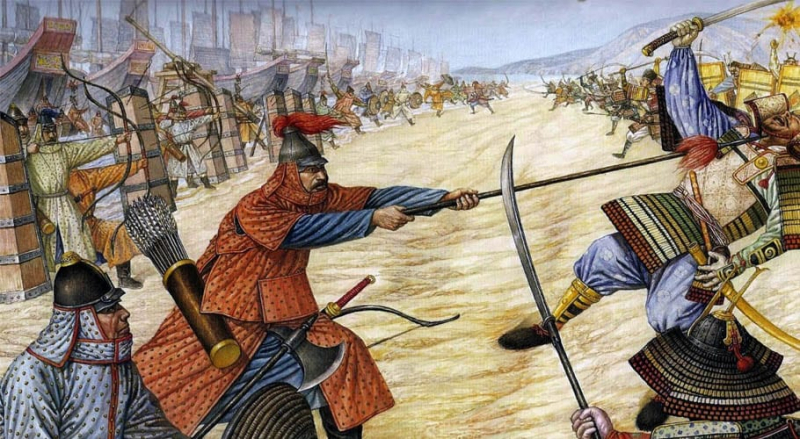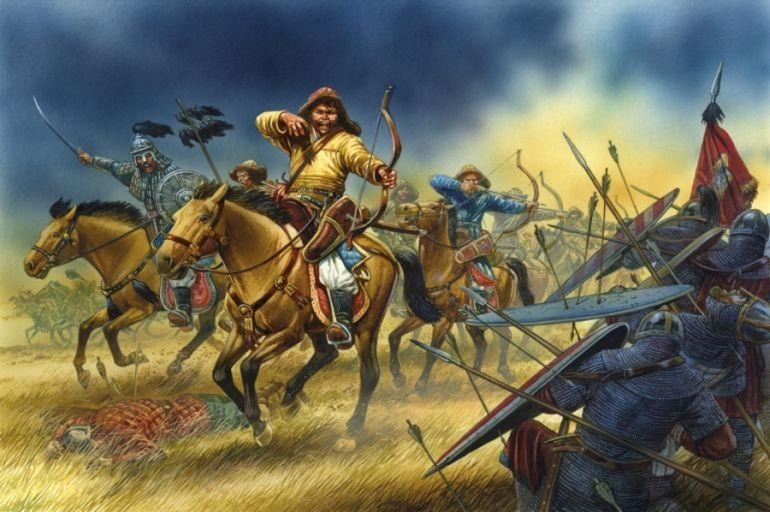Rise of the Mongols
Song Taizu, who ruled from 960 to 976 AD was one of the greatest rulers in ancient China. During the heyday of his reign, he established a political framework that ensured the longevity and success of the Song dynasty, conquering many of the 10 kingdoms and virtually unifying China; a feat that no one could have imagined. However, in 1125 AD, the unthinkable happened. The Jurchen tribes rebelled and captured the Song capital Kaifeng. In 1211 AD, during the Battle of Yehuling, 500,000 Jin troops led by Jurchen were defeated by the Mongols, effectively crippling Jin's fighting force. This failure led to the assassination of Emperor Jin and the decline of the Jin dynasty, which marked the rise of the Mongols - this is the most important event in ancient China.
A few years later, the infamous Mongol leader Mongke Khan was murdered in a skirmish at the Diaoyu Fort, which resulted in the immediate retreat of the Mongol army and the restoration of the Song government for 10 years. But then, the peace was lost. In 1276 AD, Lin'an, the capital of the Song Dynasty, fell to the Mongols and three years later the rise of the Mongols officially began, and the Song dynasty was completely crushed. Later, the Mongol leader Kublai Khan founded the Yuan dynasty which lasted for a century. In AD 1368, the Yuan royal family fled north across the Great Wall after an attack by Zhu Yuanzhang that marked the end of Mongol rule in China, and the formation of the Ming Dynasty.












